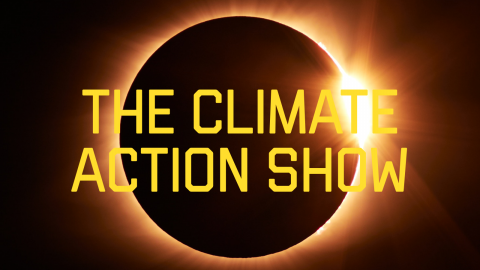Podcast: Play in new window | Download () | Embed
Subscribe: Android | Email | RSS | More
The BZE land use discussion paper found that great emissions reductions could be achieved if we partly reduced the national herd and the land that is constantly cleared for grazing. This show looks at family farms in eastern Australia and the million hectare agribusinesses in the north. What progress are we making?
CHARLES MASSEY
Charles Massey’s book “Call of the reed warbler” reports on this century’s pioneers of regenerative farming. He describes the disasters that have jolted some farners out of industrialised agriculture into practices more in line with their love of nature and long term values. As Vandana Shiva said “Monoculture farming creates monocultures of the mind” Charles brings us stories of innovation and diversity. He talks about soil carbon sponges rehydrating the land, how the current drought is affecting his place in the Monaro High Plains and how glyphosate is affecting our gut health. Climate change is only one of the earth systems that has been pushed past the limit,but the thinking emerging from the farmers he meets could pull us back from the brink.
PROFESSOR RICHARD ECKARD
He is the director of the Primary Industries Climate Challenges Centre at Melbourne University. Vivien asks whether drought assistance should be tied to new methods of farm management and whether mixed farming systems are more resilient to climate shocks. Richard describes the NT and Qld pastoral leases which cover millions of hectares and how they can survive drought.
If the National Energy Guarantee is weak on emissions reductions will farmers do the heavy lifting? The NFF says they have already taken significant steps to reduce their carbon footprint,what more can be expected ?
MICHAEL TAYLOR
He represents the sixth generation farming The Hill in New England. His parents are famous for their innovations in agroforestry. They had to be creative as the Great New England Eucalyptus Dieback in the 60’s denuded their place and many others. Vivien talks to Michael about how younger farmers are building up more resilience and productivity while still remaining profitable.
To give you a taste of “The Call of the Reed Warbler” here is a description of the Taylor’s property by Charles Massey sitting on a hill.
” Below me I could barely see open paddocks. The lazy S of contour winding tree breaks composed of mixed species seemed to merge into a forest. Mist rose off the rehydrated lower country but most impressive was a cacophony of birdsong. Flycatchers,fantails,honey eaters, wood swallows and whistlers. Truly here was a whole squadron of unpaid pest controlling, pollinating and fertilising helpers willlingly on the job.”
Regeneration, restoration, reversing the mistakes of early white settlers …This is the new narrative we need to hear.
Further Reading:
https://www.euractiv.com/section/agriculture-food/news/five-meat-and-dairy-companies-emit-more-emissions-than-major-oil-companies-study-finds/
Petition by John Graham Peterson
https://www.smh.com.au/politics/federal/turnbull-policy-guarantees-nothing-but-the-status-quo-on-power-and-climate-20180722-p4zsx1.html
https://www.dailytelegraph.com.au/technology/science/silence-of-the-lambs-nsw-farmer-to-shoot-starving-flock-because-he-cant-afford-to-feed-them
The Radio Team 23rd July: Andy Britt on production, Roger Vize on podcasts and Vivien Langford -interviews



